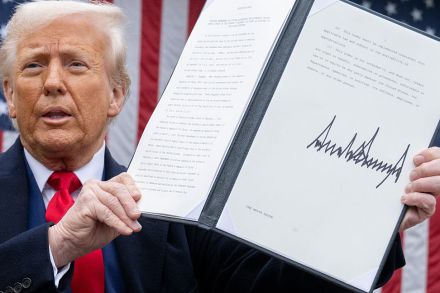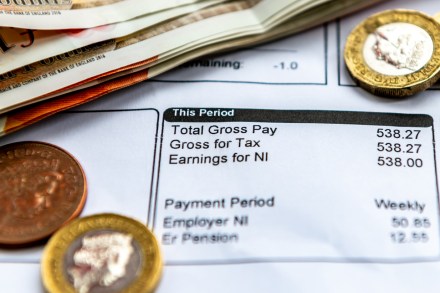Let Jaguar fall
‘Copy nothing,’ implored Jaguar’s weird advert featuring multicoloured changelings swivelling their heads on a car-free planet. That includes, it seems, copying other large multinationals in taking out insurance to cover themselves against cyber attacks. Jaguar Land Rover (JLR), it turns out, had none. Now, following such an attack, it finds itself in the soup. It has had to close its factories and send its workers home as it tries to repair the damage. The government is now reported to be thinking of stepping in with state aid to ensure that the company and its suppliers do not go bust. Please, no. Why should our taxes be used to bail out






















